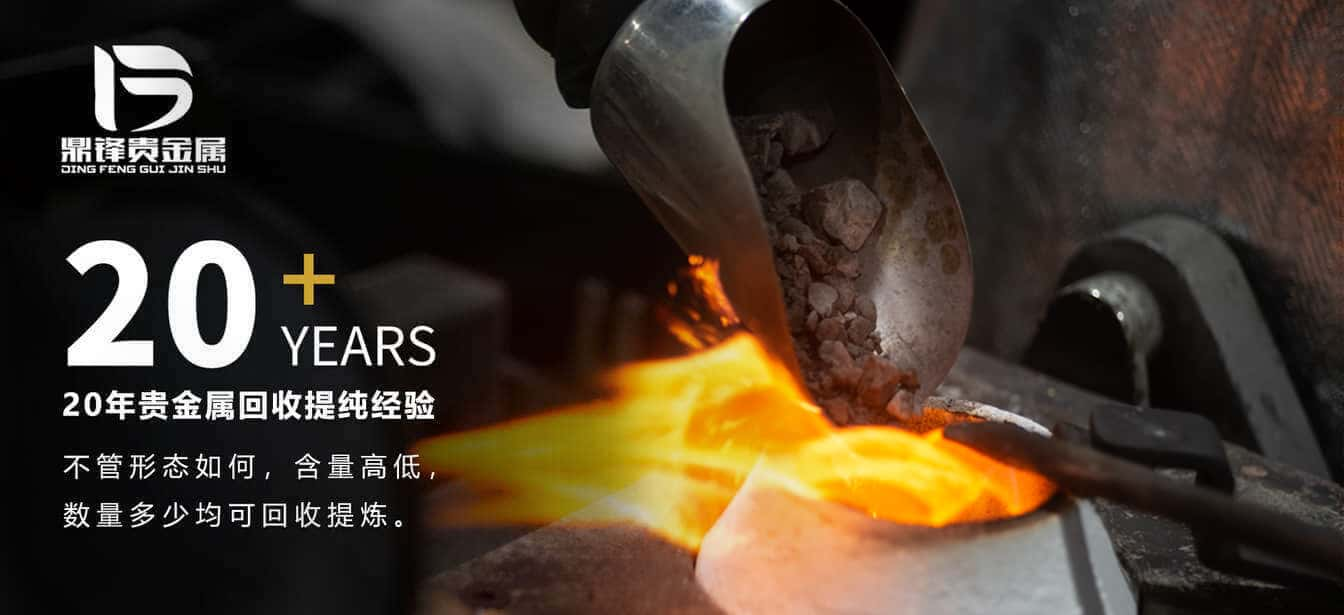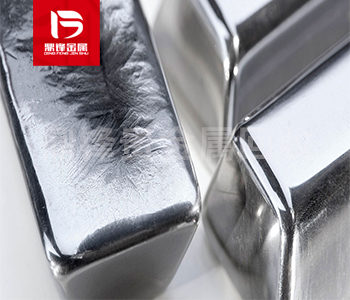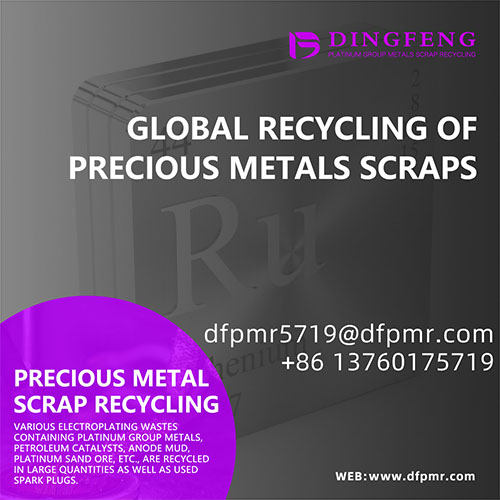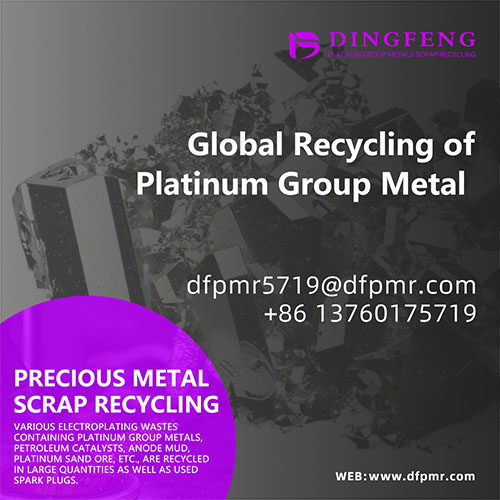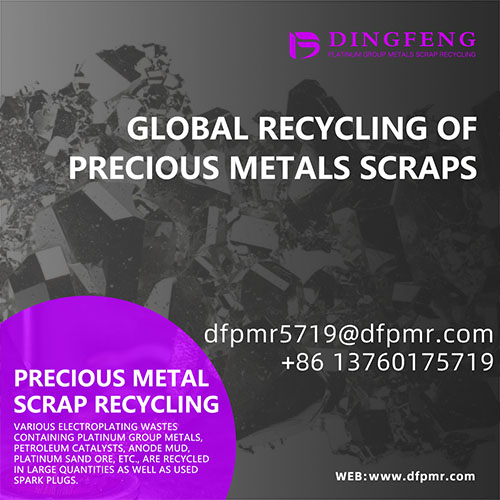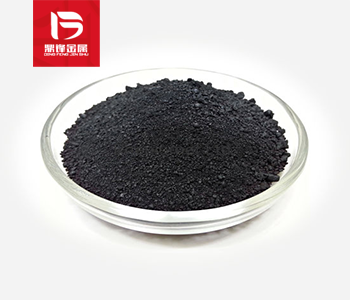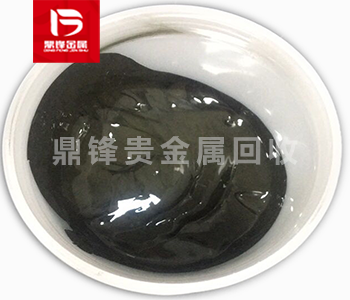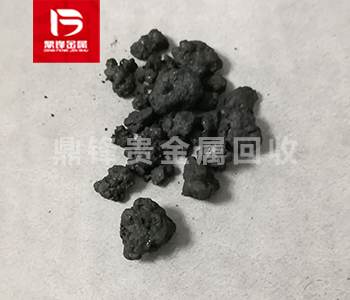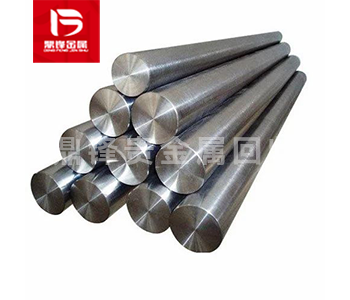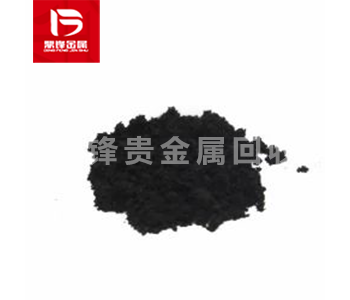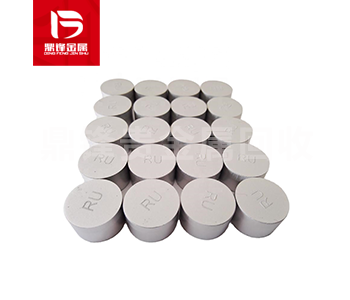Ruthenium tube recycling_ Understand the production and use of ruthenium plated tubes
Ruthenium is a rare and precious metal with extensive applications in various fields. One of the most important uses of ruthenium is in the production of pipes in the chemical, petrochemical, and aero
Ruthenium is a rare and precious metal with extensive applications in various fields. One of the most important uses of ruthenium is in the production of pipes in the chemical, petrochemical, and aerospace industries. In this article, we will discuss the importance of ruthenium tubes, how they are produced, and their various uses.
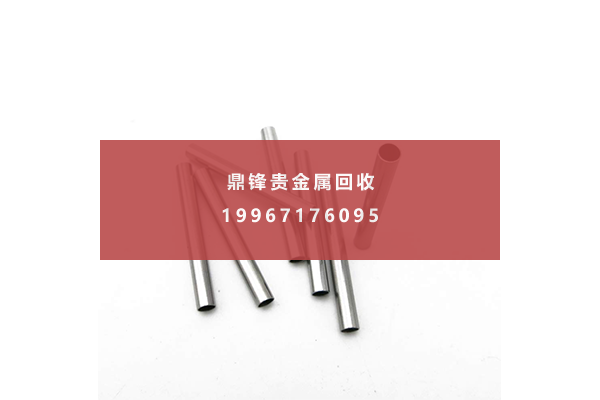
Production of ruthenium tubes:
Ruthenium tubes have excellent corrosion resistance and heat resistance, making them excellent components for applications in high-temperature and high-pressure environments. These pipes are manufactured using a process called powder metallurgy, which involves mixing and compacting ruthenium powder into specific shapes, and then sintering at high temperatures. The resulting ruthenium tube is very sturdy, durable, and resistant to corrosion from various chemicals, including acids and alkalis. They can also resist thermal fatigue, which is a phenomenon where materials gradually weaken due to temperature fluctuations. Ruthenium tubes can withstand temperatures up to 2300 degrees Celsius, making them suitable for use in extreme high temperature environments.
The main uses of ruthenium tubes:
1. One of the key applications of ruthenium tubes is in the production of catalysts. Ruthenium is a well-known catalyst that can be used for a series of chemical reactions, including the oxidation of alcohols and olefins. When ruthenium is used as a catalyst, it is usually loaded on the catalyst carrier, such as alumina or silica, and forms a tubular structure. These tubes provide a large surface area for the application of catalysts, while the high heat resistance of ruthenium ensures that it remains effective for a longer period of time.
2. Another important use of ruthenium tubes is in the production of thermocouples. These devices are used to measure temperature in industrial processes. A thermocouple is connected together by two different metals, and the voltage generated is proportional to the temperature difference between the two junctions. Due to its excellent thermal and electrical conductivity, ruthenium is used as one of the metals in these devices.
3. Ruthenium tubes are also used in the aerospace industry, especially in rocket engines. The extreme conditions of space travel require very sturdy, heat-resistant, and durable materials. Due to its ability to withstand extreme temperatures and high pressures, ruthenium tubes are the perfect solution to meet these requirements. 4. Ruthenium tubes are also used to produce high-performance alloys. An alloy is a material made by mixing two or more different metals, which has better performance. In order to improve the strength and corrosion resistance of alloys, a small amount of ruthenium is usually added to the alloy. For example, ruthenium is often added to titanium alloys, which are used in the aerospace industry due to their high strength and lightweight.
5. In addition to these applications, ruthenium tubes also have potential applications in the field of nanotechnology. Nanotechnology involves manipulating materials at the nanoscale, which are one thousandth the width of human hair. Due to its small size and high strength, it can be used as a nano sized container for transporting drugs, dyes, or other materials. However, this application is still in the early research stage, and more work needs to be done before it can become a practical application.
Ruthenium tubes are a very valuable material in many industries. Their strength, durability, heat and corrosion resistance make them very suitable for use in extreme environments, such as those used in space travel and high-temperature chemical reactions. With its potential application in nanotechnology, the importance of ruthenium tubes may increase in the future.
&Quot; Dingfeng Precious Metals Recycling includes precious metals such as gold, silver, palladium, rhodium, platinum, germanium, iridium, ruthenium, etc. This is our business in precious metal recycling. If you have precious metals such as gold, silver, palladium, rhodium, platinum, germanium, iridium, ruthenium that need to be recycled, please contact us and we will provide you with a satisfactory price& Quot;
